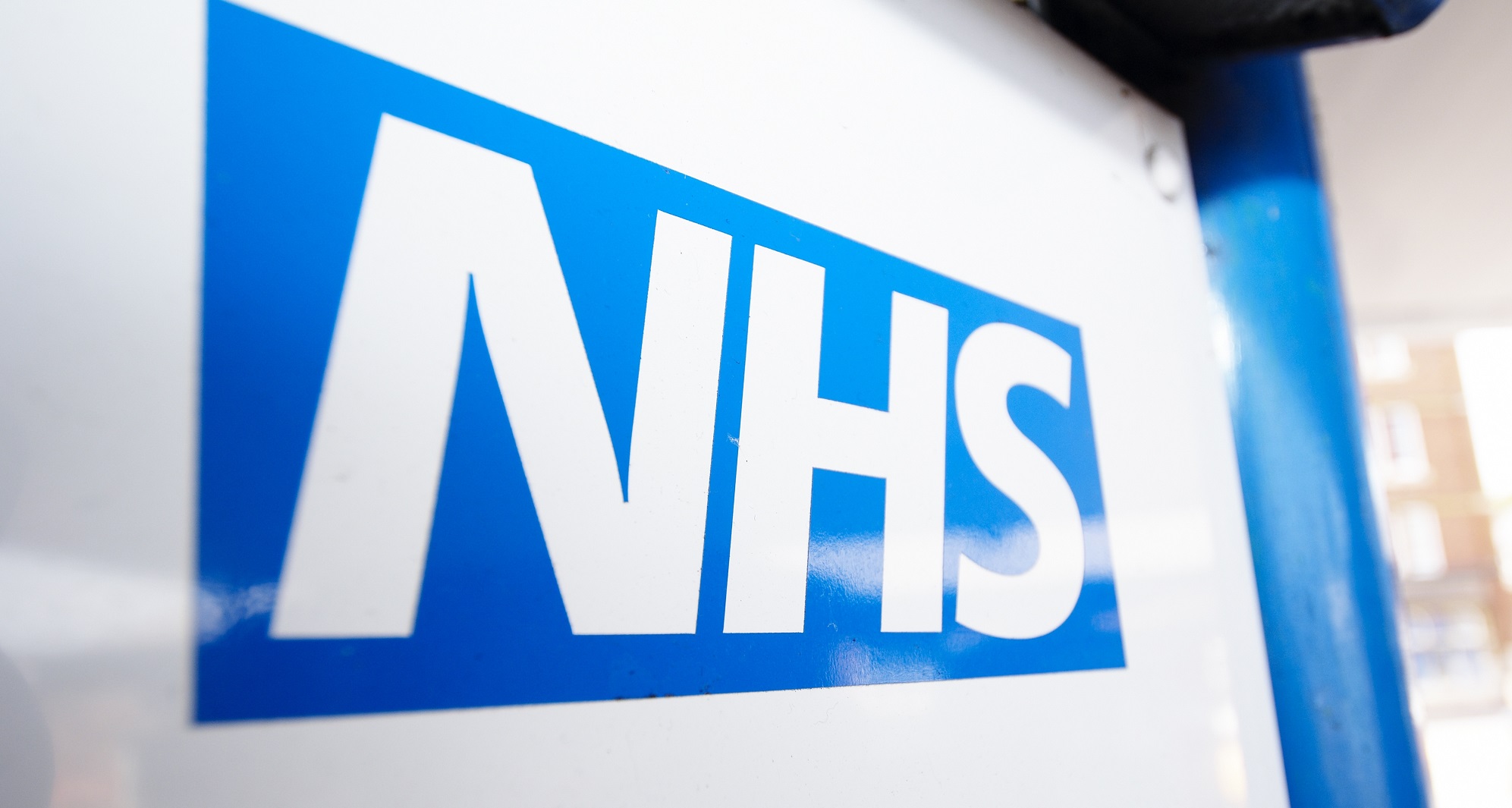England looks to EU doctors to fill shortage

England’s health service is stepping up recruitment of doctors from overseas in order to fill a huge shortage in primary care – with European Union countries being the main target.
GPs in many regions are reporting more and more long-standing vacancies in the practices, with 12% of positions currently vacant.
This chronic problem is putting further pressure on the NHS, and driving more patients into overstretched hospital Accident & Emergency departments.
That’s why avoiding a crisis in general practice is one of the top priorities for England’s health service.
General practitioners (GPs) oversee the most care in England’s NHS, but a generation of older GPs are retiring, and heavy workloads are among the factors deterring new doctors choosing the field.
An extra £2.4bn a year funding has been set aside for general practice and the government has pledged to fill 5,000 more full-time equivalent GPs by 2020, but this goal could prove impossible.
Recruitment target rises fourfold
NHS England has originally planned to recruit just 500 GPs from abroad, but problems finding doctors at home had led it to increase the overseas recruitment target to 2,000.
Pulse magazine reports that these overseas doctors are being offered a generous £90,000 salary and a relocation package to entice them to work in England.
The recruitment drive will initially focus on doctors in the European Economic Area (the current 28 countries of the EU plus Norway, Iceland and Liechtenstein) as GPs trained in these countries is recognised in the UK under European law and already get automatic recognition to join the GMC’s GP Register.
This underlines the NHS’ existing reliance on doctors and other healthcare professionals from the EU, and concerns about the impact of Brexit.
Rules may well tighten when the UK leaves the EU in March 2019, so NHS England needs to act fast.
Nevertheless, Brexit looks to be already having an impact: a record number of EU healthcare professionals quit working for the NHS last year, fuelling fears potential restrictions are already dissuading many workers.
England’s Royal College of General Practitioners (RCGP) and the General Medical Council (GMC) will now also look at whether the registration of GPs trained outside the EEA can be streamlined to boost recruitment from other countries, beginning with Australia.
The NHS is trying to train more GPs itself, but this takes time. Intake into medical schools in England will grow by 25%, over the next few years, but this won’t have an impact for another six years or more.
NHS England points out that the health service has a long history of calling on international doctors to be its frontline, and points out around a fifth of existing GPs are international medical graduates.
Professor Helen Stokes-Lampard, Chair of the Royal College of GPs, said:
“We need the pledges in NHS England’s GP Forward View, including £2.4bn extra a year for general practice and 5,000 more full-time equivalent GPs by 2020, delivered as a matter of urgency so that we can continue to keep our patients safe now and for years to come – we hope this scheme goes a long way to achieving this, and look forward to working with NHS England and others to make it a success.”
Niall Dickson, chief executive of the NHS Confederation, which represents health organisations in England, Wales and Northern Ireland, said:
“The current situation is very difficult and looks set to get worse. The fact that 12% of GP positions are vacant and almost one in five practices has had to abandon searching for a new GP shows just how urgently we need to recruit more family doctors.
“In some parts of the country they are finding it almost impossible to entice GPs.
He concluded that GPs from overseas are part of the answer, provided the right checks for language skills and clinical ability are carried out, but also stressed the need for expanding medical training in the UK, as well as retaining existing doctors.
As general practice is seen as a priority in a cash-starved NHS, others areas – including budgets for new medicines – are struggling to gain funding.










